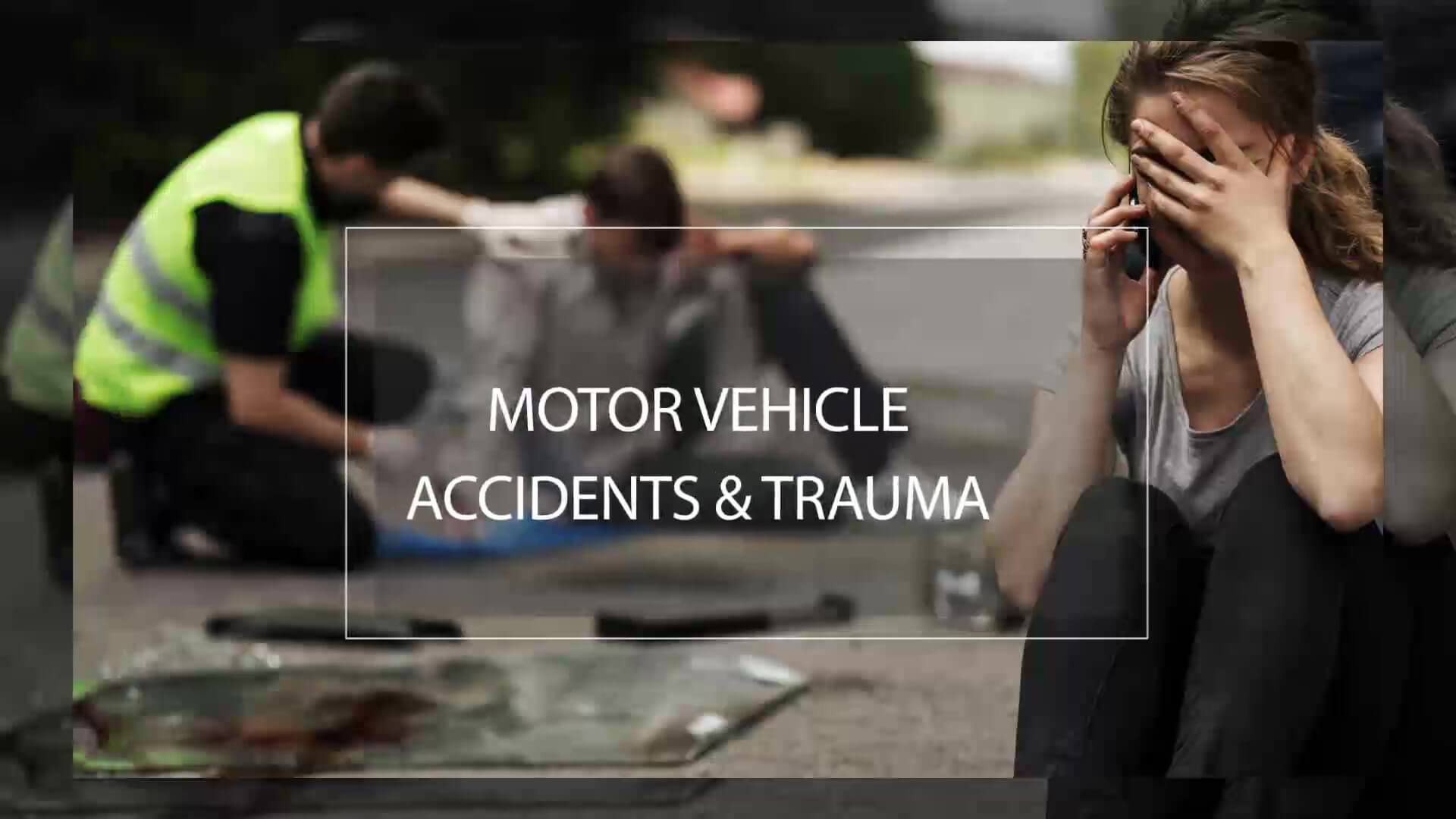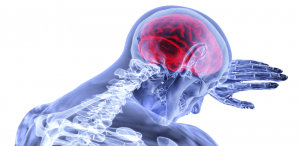 Psychological Injury After A Motor Vehicle Accident.
Psychological Injury After A Motor Vehicle Accident.
Emotional and Psychological Injury After An MVA
Most injuries after a motor vehicle accident are reported as physical injury claims, however, it may be possible to claim compensation for psychological and emotional trauma as well. Psychological and emotional trauma injuries are often caused by abrupt traumatic or stressful situations outside the area of everyday experiences, such as a vehicle accident or criminal assault.
It’s not uncommon to feel stressful emotions after a motor vehicle accident, even a few months to years afterward.
Here are some emotions that you may feel after a car accident. Frequently, individuals may feel some shock and once that wears off there are other symptoms and emotions that may arise.
Typically, the majority of vehicle accidents happen very abruptly, so individuals may feel powerless to stop it or unprepared.
Should you have experienced a MVA and the first step is to go to a medical clinic nearby and have a medical assessment and medical treatment if needed. If feelings of depression, anxiety last longer than they should, or stop you from doing your everyday activities go back to your doctor as you may be suffering from PTSD, or some other mental health related disorder.
Why seek counselling after a motor vehicle accident?
Reasons to seek counselling after a car accident:
• There is an increased risk for serious psychological problems ie. PTSD, and Acute Stress Disorder
• Counselling provides some prevention of further symptoms of PTSD
• Assistance with the expected or unexpected emotions that may come up after a serious collision with an emphasis on assessment and PTSD
After an accident, the emotions of shock, anxiety, or depression can cause the following physical symptoms, which tell you that your body is currently stressed out:
• Insomnia, nightmares
• Racing heartbeat, dry mouth
• Fatigue, low energy
• Muscle tension, aches, pains
• Headaches, stomach distress
• Crying spells
• Hyper-vigilance, exaggerated startle response
Motor Vehicle Accident Trauma
Being in a car accident can be extremely stressful.
Your whole life can change in a split second.
In addition to suffering from physical injuries, there can also be psychological consequences.
For some people, these difficulties may be short-lived while others may develop Post-Traumatic Stress Disorder (PTSD). In these cases, symptoms may continue to get worse over time.
After a car accident, common physical symptoms of trauma include:
• Fear of driving
• Panic attacks
• Insomnia,
• Intrusive memories, flashbacks and nightmares
• Racing heartbeat
• Fatigue and low energy
• Muscle tension, aches and pains
• Crying spells
• Headaches
• Stomach Distress
When your sense of personal safety and trust are shattered by a car accident, it’s very common to feel unsettled or afraid.
You may also feel unsure about how to cope with the consequences.
The difficult emotions and guilt can feel overwhelming, and you may become isolated because you don’t know what to do and the people around you don’t understand.
You may even begin to feel hopeless about the future, which can have major personal, financial and professional consequences for your life.
After a MVA, common behavioral responses to trauma include:
• Increased stress when trying to cope with daily activities
• Feeling guilty or worried about others involved in the accident
• Loss of self-esteem
• Financial hardship because you’re unable to work
• Persistent physical pain that affects personal relationships
• Feelings of confusion and trouble concentrating on priorities
• Loss of self-confidence in driving and other aspects of life
• Social withdrawal and isolation
While some people can “get over” symptoms more quickly, others may not be able to, unless they get the right kind of help. The longer someone avoids dealing with the consequences of a MVA, the longer they can be affected by the trauma.
Even though family and friends are doing their best to help, they may appear frustrated because they think you should just “get over it”.
If you’re struggling with MVA Trauma, you need to ask for help.
You don’t have to feel overwhelmed and isolated by the after-effects of a car accident. There is help available.
If you’re struggling with trauma, or wonder if you could have PTSD, please contact our office.
After you book an appointment, we’ll work together on a plan to help you regain control over your life. It is possible to feel normal again, and:
• Drive with confidence
• Overcome panic attacks
• End nightmares and flashbacks
• Manage stress
• Rebuild your self-esteem
• Return to work
• Repair damaged relationships
• Take back control of your life
One aspect of MVA-related PTSD that is different from PTSD caused by other traumas is the increased likelihood of being injured or developing a chronic pain condition following the trauma. As a result, many people who have been in an MVA present first to their primary care physicians for treatment and do not consider psychological treatment for some time. Unfortunately, studies have shown that of the people who develop PTSD and do not seek psychological treatment, approximately half continue to have symptoms for more than six months or a year. Therefore, it is important to identify the symptoms early on and seek appropriate psychological treatment.
• A number of different treatment approaches have proven effective for MVA-related PTSD. Treatments include behavior therapy, cognitive therapy, and medications. In addition, it may be useful to work with a chronic pain specialist to help manage the physical pain caused by the injury. Sometimes these treatments are provided in conjunction with one another. Readers who are interested in more extensive information regarding treatment and provider contacts will find our resources listed on our website to be useful.
If you’ve been in a MVA, your healing is not complete until the complex emotional and psychological issues have also been resolved.
We can help you do that. Call us at 1.877.215.7759 or email at admin@ovcs.ca.
For more information from ICBC on Counselling Services.

